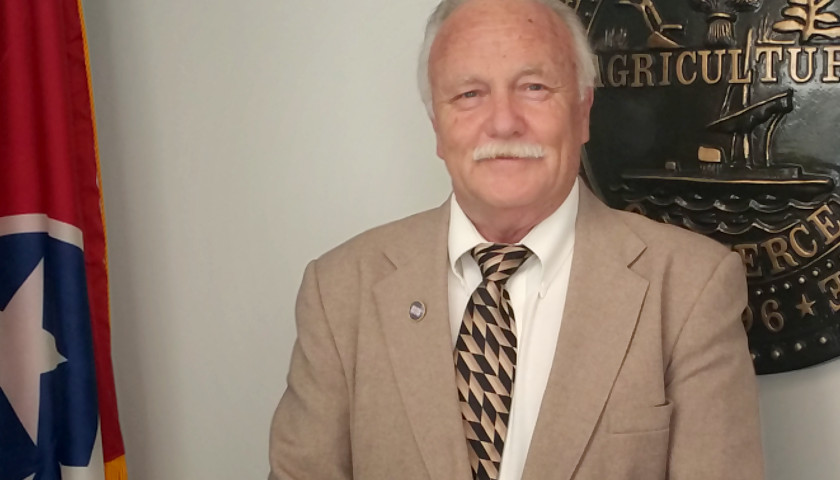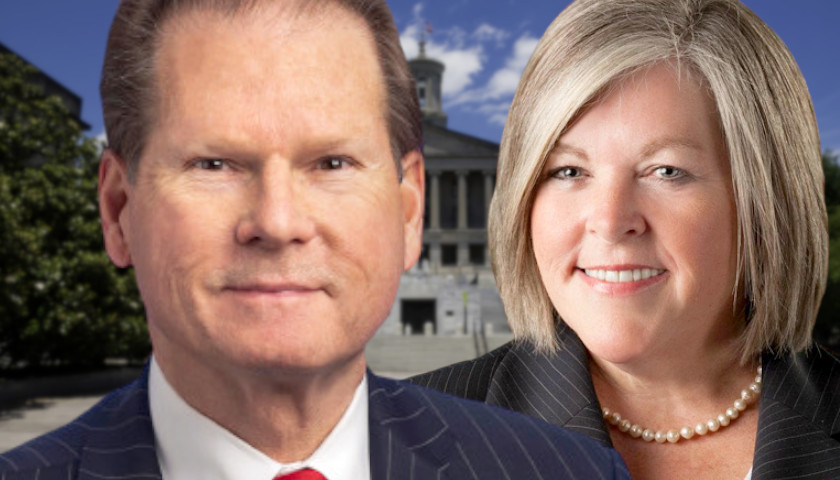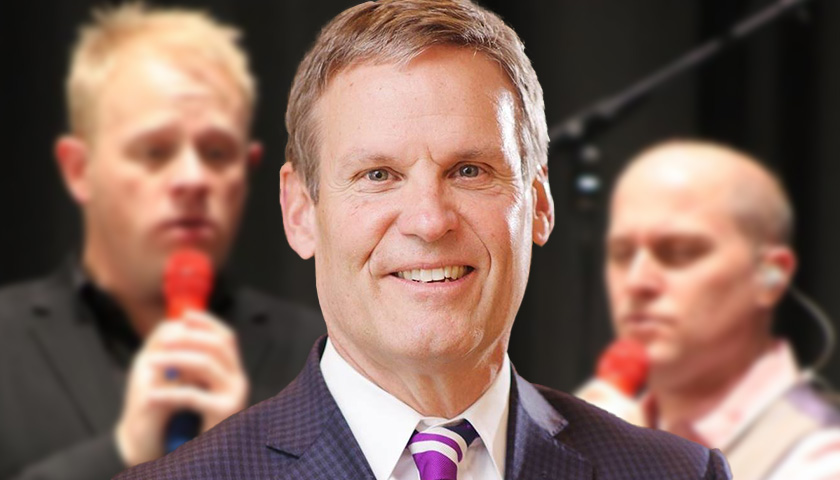The House Elections & Campaign Finance Subcommittee rejected a bill lowering signature requirements for candidates to run under a minor political party. The law requires 2.5 percent of total votes cast in the last governor’s race – or, over 56,000 signatures currently – for an individual who wants to run as a minor party. HB0609 would lower the signature requirement to .5 percent.
Additionally, the bill would only require individuals to obtain 1 percent of the popular vote rather than 5 percent, in order to not have to collect those 56,000 signatures in any future races as a minor party. It also would ensure that a mandatory primary would only occur if the minor party candidate received 25 percent of the vote, rather than 5 percent.
Comparatively, Republicans and Democrats only need 25 signatures to be eligible to run.
State Representative Bud Hulsey (R-Kingsport) first introduced the legislation last month. Hulsey called it “equal access” for other parties. He cited other surrounding states’ laws, noting that his bill would bring Tennessee on par with their much smaller signature requirements.
“Right now, with the way our law’s written, we’re the third-worst state as far as how many signatures you have to get,” stated Hulsey.
State Representative Ryan Williams (R-Cookeville) asked Hulsey why individuals wouldn’t run as independents to avoid the burden of tens of thousands of signatures.
Hulsey responded that voters don’t know what a candidate stands for when they run under the label “independent,” because they have no platform or party associated with them. Hulsey argued that other recognized minor parties have immediately discernible values and agendas. He cited a court of appeals case against Tennessee that too many parties would result in “voter confusion” if everyone is labeled independent.
Representatives on the floor pointed out that the bill had appeared before the legislature during last year’s general assembly.
State Representative Johnny Shaw (D-Bolivar) stated that Tennesseans only think about politics through the lens of Democrat versus Republican. Shaw argued that this bill would create “more havoc” with adding other parties, and questioned the need for any other parties beyond the current status quo.
“To add another party to me really takes away from all of us – from your party [to mine],” stated Shaw. “If you put a name on a ticket, [people] have tendencies to vote with that group more so in some ways than they do for the character of the person that’s on the ballot. I think what we’ll do is split the voters up more.”
In response, Hulsey stated that there were around 40 minor parties that have played significant roles in the elections and campaigns since the founding of the state.
“It appears that in the ’60s, the Democrats and Republicans got together and said, ‘Let’s make a law and lock this up, so that it’s only a two-party system from now on,'” stated Hulsey. “And from what I can hear in the history of it, it’s because there was one guy running for governor and he kept running every time and they just got tired of it so they just wrote this law where you have to have 56[,000] signatures to run,” stated Hulsey.
He reminded the subcommittee that the bill is constitutional, and that the current two-party system hasn’t been around that long.
Several ayes resounded on the floor, but the nays were recorded as the majority vote.
– – –
Corinne Murdock is a reporter at The Tennessee Star and the Star News Network. Follow her latest on Twitter, or email tips to [email protected].








